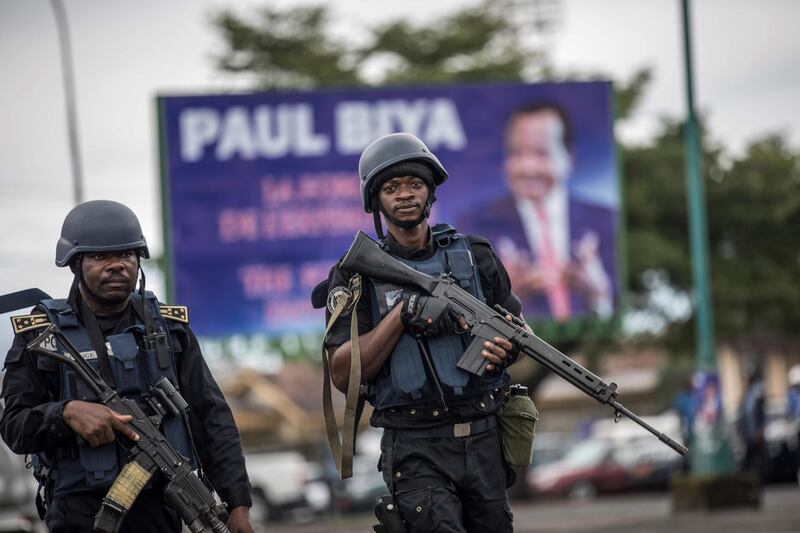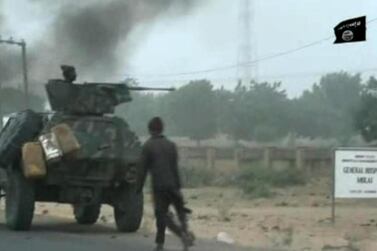Representatives of Cameroon's government held talks this week with the main leaders of an Anglophone separatist insurgency for the first time since the conflict began in 2017, a separatist leader and two security sources said on Friday.
Julius Ayuk Tabe, the most prominent separatist leader who is currently serving a life sentence in prison for charges including terrorism, said the meeting took place on Thursday to discuss the possibility of a ceasefire.
Violence broke out in 2017 following a government crackdown on peaceful protests by Anglophone lawyers and teachers who complained of being marginalised by the French-speaking majority.
The fighting has caused more than 3,000 deaths and forced hundreds of thousands to flee their homes.
Last year, Switzerland mediated talks between the government and exiled separatist leaders, but those leaders are considered less influential than Tabe and the discussions did not produce any significant results.
Tabe, the self-declared president of an independent English-speaking state the separatists call Ambazonia, said nine separatist leaders participated in the meeting, which followed calls by the United Nations for a ceasefire.
"Be reassured that we remain committed to the restoration of the independence of the homeland," he said in a statement, without providing further details about the substance of the talks.
Government officials were not immediately available for comment.
One of the security sources who confirmed the meeting said the authorities' openness to talks reflected the fatigue of the population after three years of conflict that have failed to produce a clear victor.
"This war has made us see the resilience of the Anglophones from an ideological point of view," he said, adding that international pressure to end the conflict had also forced the government's hand.
Cameroons linguistic divide harks back to the end of World War One, when the League of Nations divided the former German colony of Kamerun between the allied French and British victors.






